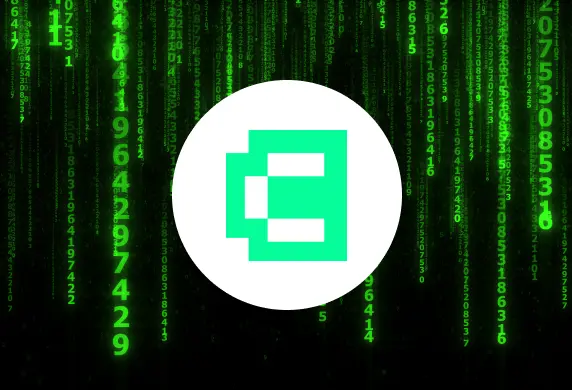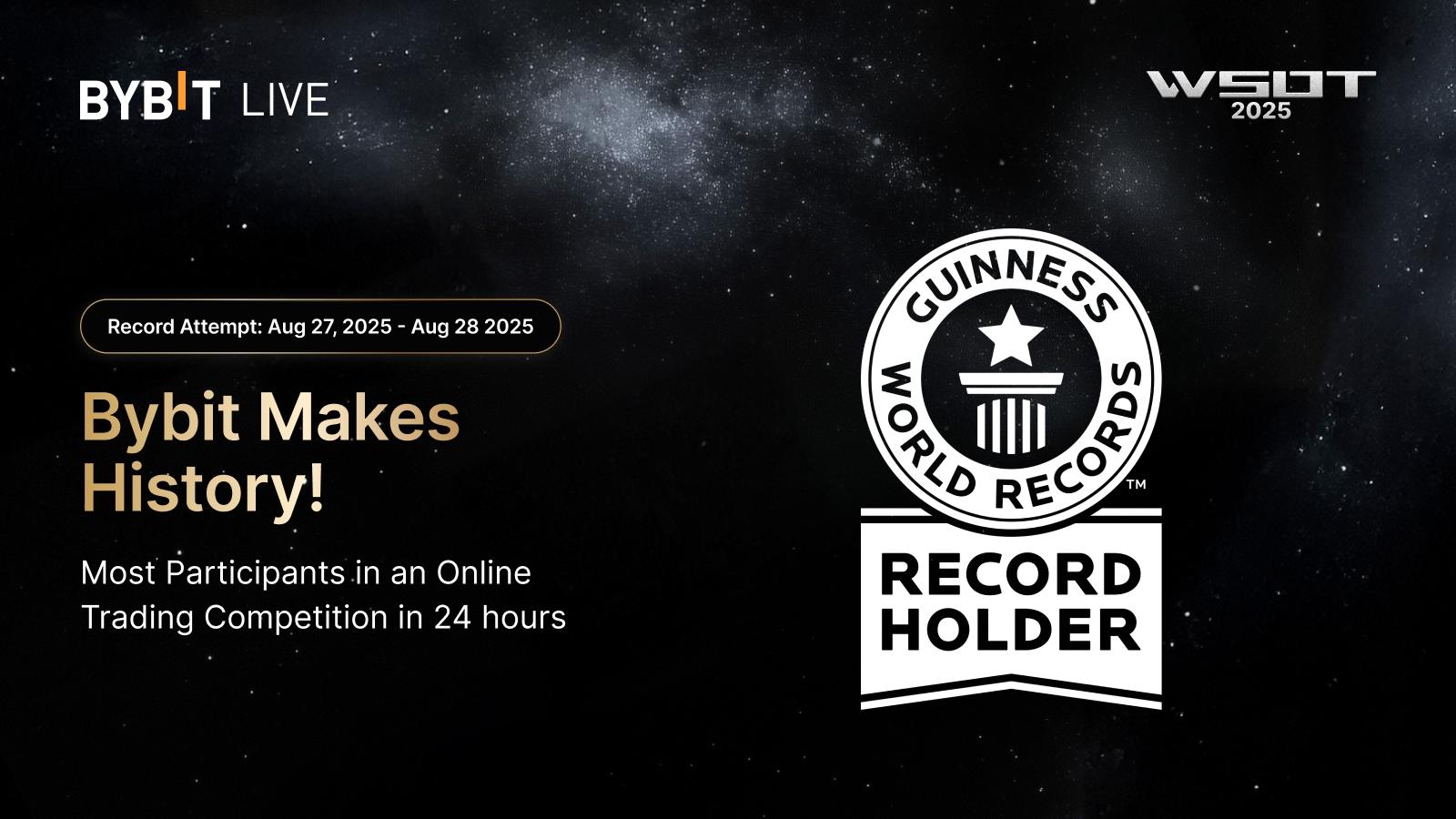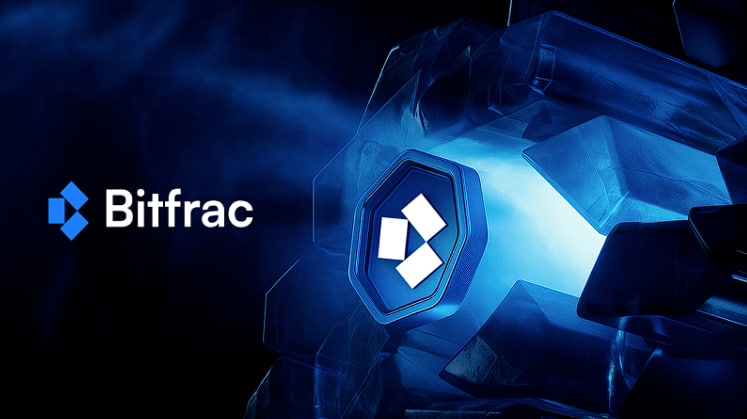Key Points:
- Trading volumes on Canto, a relatively new blockchainlargest ,’s decentralized exchange (DEX), increased by nearly 200% on the previous day as traders staked their bets on the most recent layer 1 hype.
- Developers receive these fees in the form of non-fungible tokens (NFTs), which they can sell, stake, or post as security for loans.
Trading volumes on Canto, a relatively new blockchain largest,’s decentralized exchange (DEX), increased by nearly 200% on the previous day as traders staked their bets on the most recent layer 1 hype.

Canto is a quick and inexpensive network that enables developers to create financial products, such those for lending and borrowing, on top of the blockchain. Canto operates on the Ethereum Virtual Machine (EVM), a term for the virtual machines that power the Ethereum network.
As of Wednesday, Canto applications had locked over $120 million in value. Over 9% of this ecosystem is made up of the Canto DEX. It matches traders using smart contracts and pays liquidity providers in tokens.
The DEX processed over $63 million in trades in the past 24 hours, a bump from Monday’s figures of just $21 million, setting a new record high. The DEX has seen over $330 million in trading volumes this month so far.
Canto DEX’s procedures to discourage “rent-seeking behaviors,” or strategies predatory developers use to create products that just take value without assisting the larger CT ecosystem, as stated in its technical papers, are attractive to traders.
Without the “capacity to implement fees,” the protocol cannot be modified, has no standard interface, and continues indefinitely, according to the docs.
Canto’s Contract Secured Revenue (CSR) for the leading network

The proposal describes CSR as a fee-splitting model for the Canto network that enables creators of smart contracts to profit from their original work by recouping a portion of the transaction fees paid to the web whenever users engage with their smart contracts.
Developers receive these fees in the form of non-fungible tokens (NFTs), which they can sell, stake, or post as security for loans.
A strategy like this encourages developers to create user-friendly products, which raises revenues and usage of the Canto network and benefits the CT token and associated ecosystem.
DISCLAIMER: The Information on this website is provided as general market commentary and does not constitute investment advice. We encourage you to do your research before investing.
Join us to keep track of news: https://linktr.ee/coincu
Website: coincu.com
Annie
Coincu News























